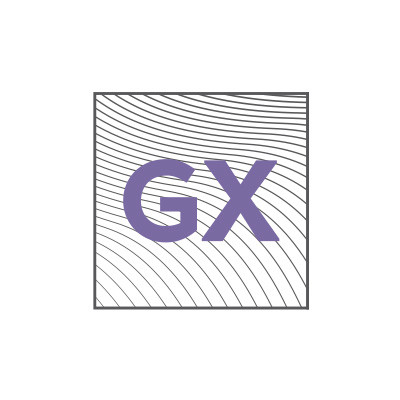4 Smart City Approaches Encouraging the Use of Public Transport
Here are four clever public transport strategies being trialled by Dubai, Luxembourg, Tokyo and Boise
In response to rising air pollution, traffic congestion and unhappy commuters, cities around the world are coming up with innovative ways to encourage more people to make use of public transport.
In Luxembourg, which has the highest number of cars for its population in the European Union, the government announced sweeping changes. From March 1 2020, Luxembourg is set to abolish all fares on trains, trams and buses, making it the first country in the world to make all public transport free.
The city of Dubai, which already has an autonomous metro, is aiming to become the first to trial driverless transport pods and introduce initiatives that allow commuters to use their mobile phone to pay for their journeys on public buses and the metro.
Dubai recently signed the C40 Clean Air Cities Declaration, which has a clear objective to reduce air pollution, move away from vehicles and make taking public transport easier.
In Tokyo, where public transport is notoriously overcrowded, the government has taken a novel approach to reducing congestion, luring commuters with the promise of food. The idea behind the trial initiative is to reward those who take an earlier route with free soba noodles, a type of buckwheat noodle popular in Japan.
In the US, in a bid to reduce the number of single-occupancy cars on the road, the city of Boise, Idaho, has embarked on an 18-month trial subsidising Lyft rides to and from the city’s bus stops.
Ideas for Governments
1. Government departments can introduce free public transport to encourage use and cover operating costs by using existing tax revenues.
2. Conduct experiments with riders using public transportation to determine what alters group behaviour.
3. Partner with private companies to offer discounts and incentives to use public transport.




